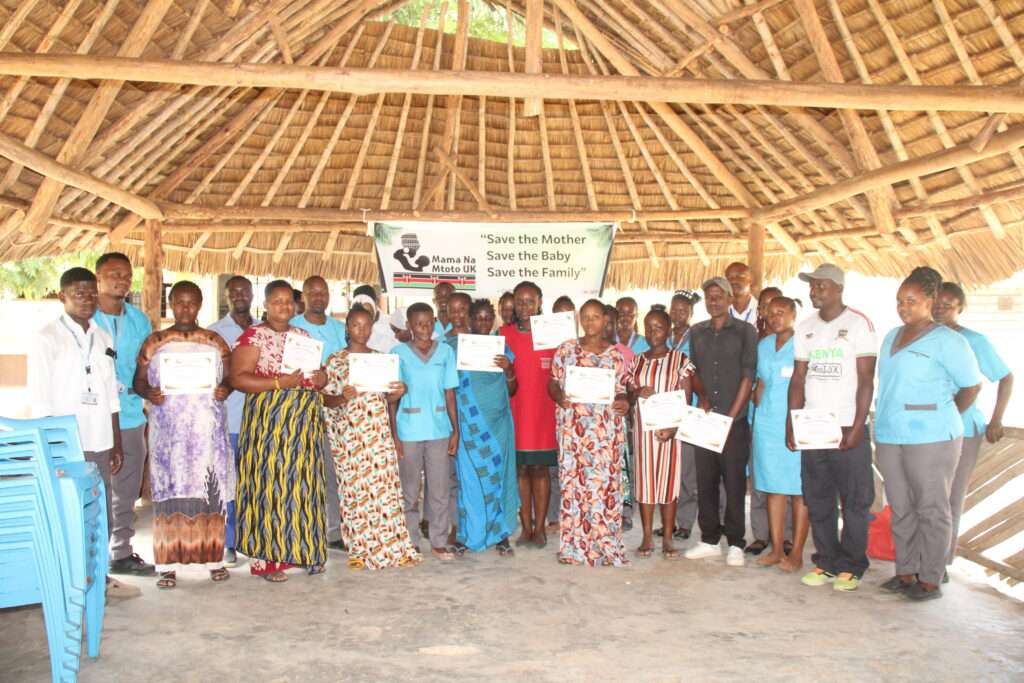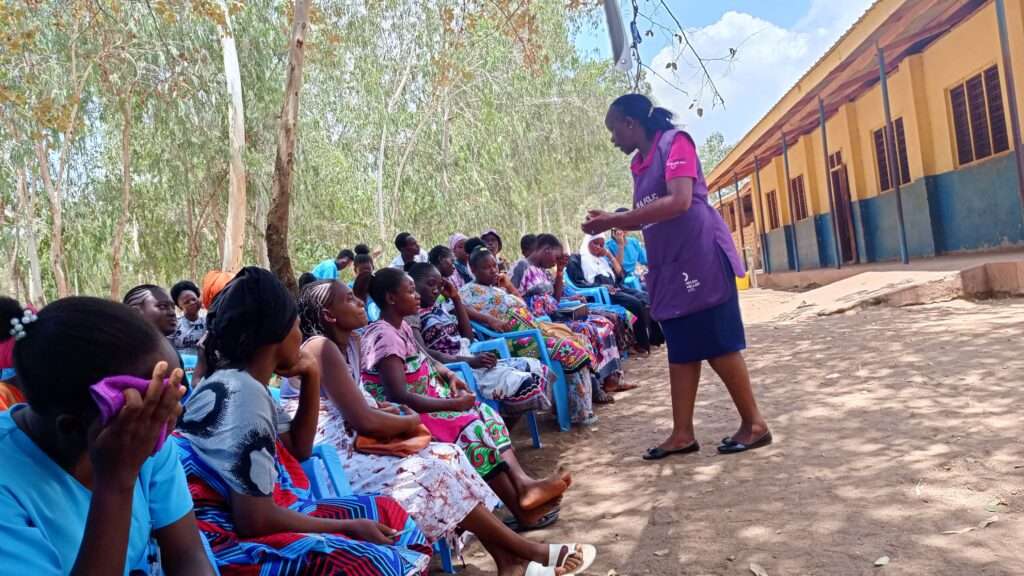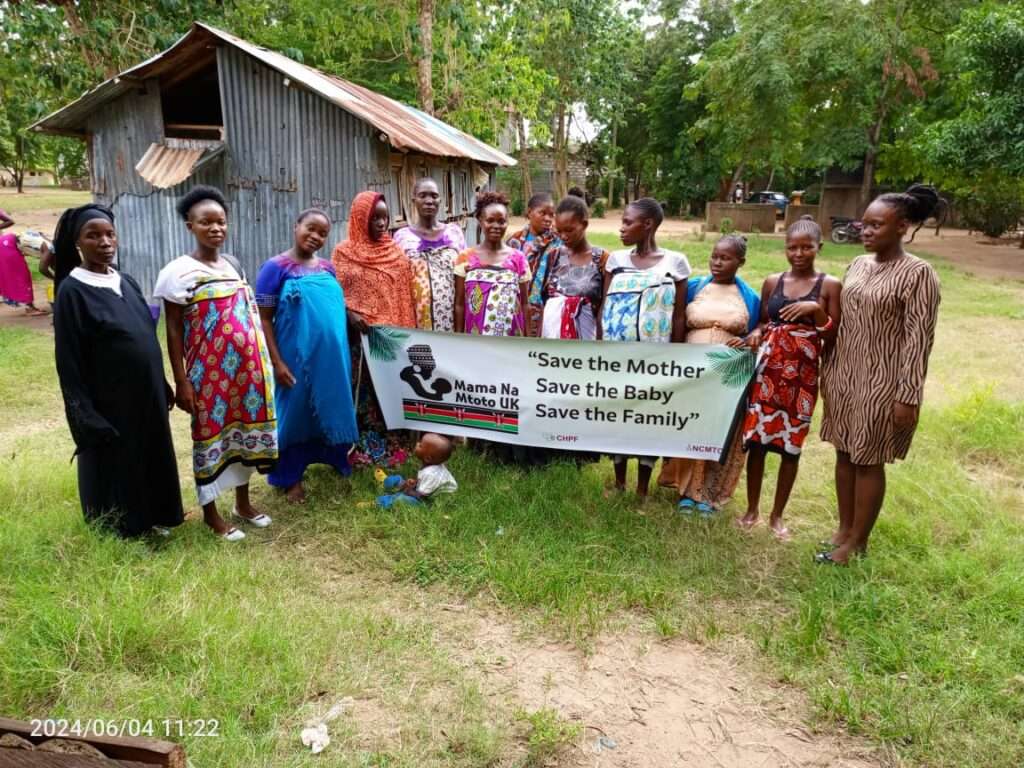
In And About Pregancy Programme
Goals
- To document all women in pregnancy and those intending to be pregnant
- Routinely examine women b4, during and after pregnancy
- Identify and refer pregnant mothers who have abnormalities or complications
- Give health education to women within the child bearing age
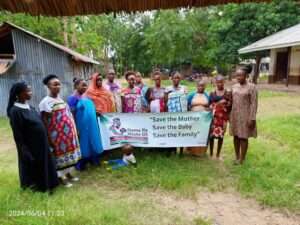
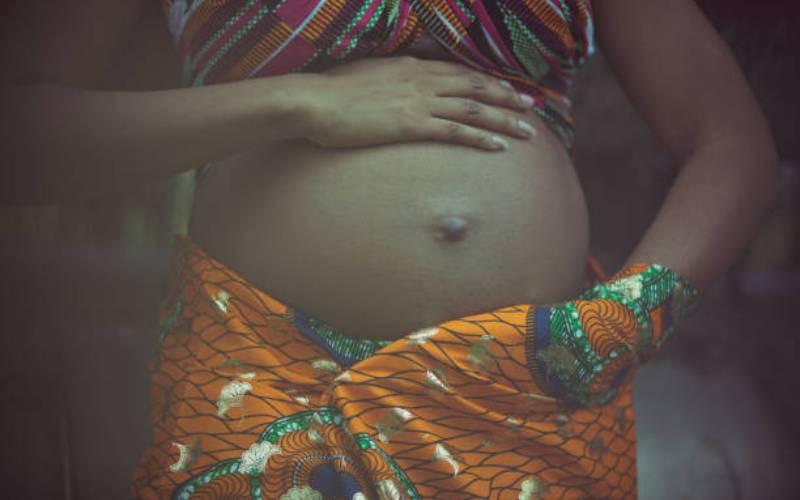
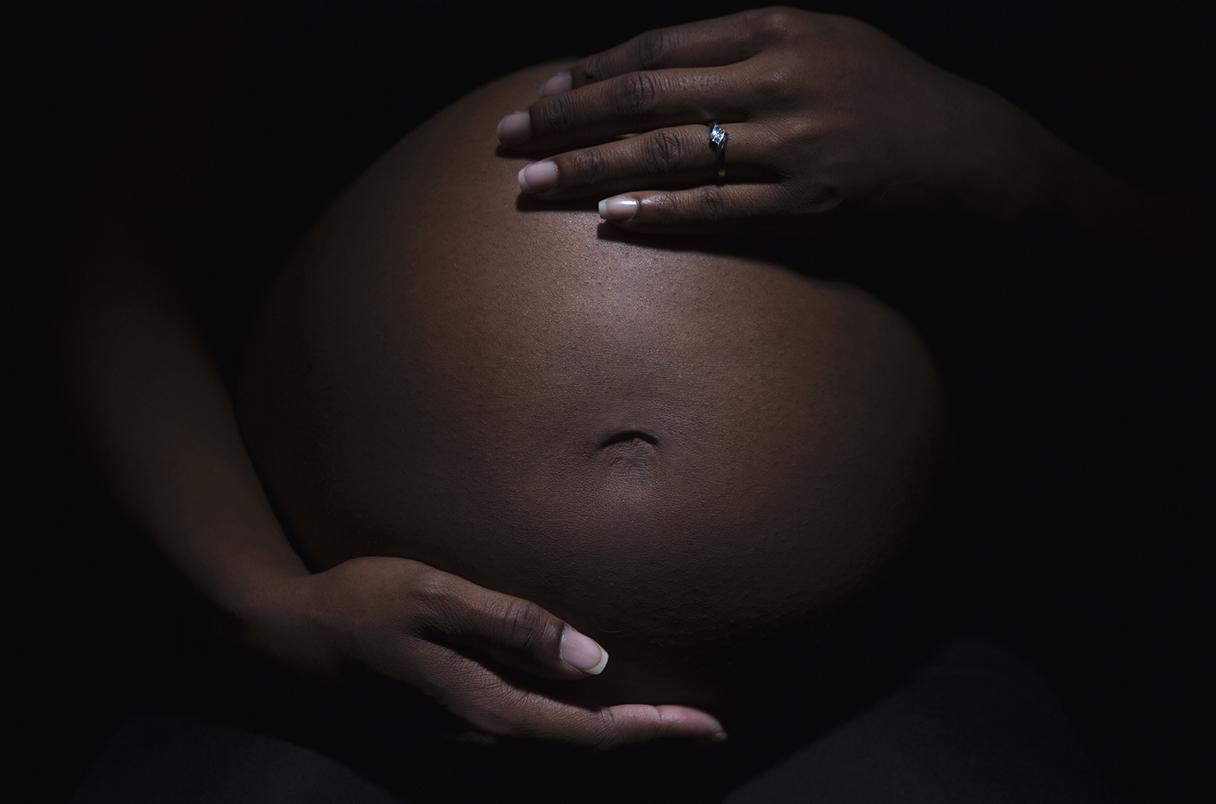
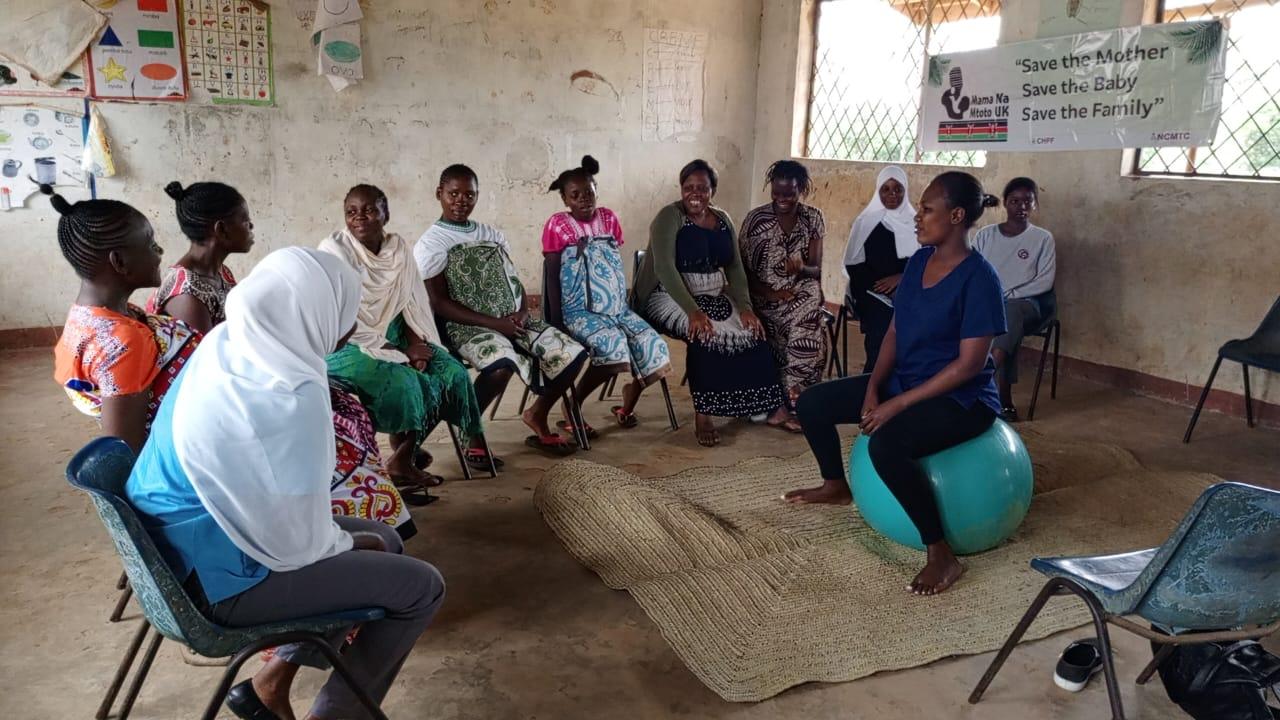




Milestones
Achievements so far
- Health education to ANC Mothers on nutrition, birth preparedness, danger signs, physical education, importance of timely ANC visits etc.
- Screening to ANC Mothers to check on progress
- Referral to level 2
- Giving of preventive drugs e.g. IFAS, dewormers, S.P
- Giving emergency transport for the less fortunate ANC mothers in cases of emergencies
- Bringing women together to share their experiences of being pregnant (generally their pregnancy journey)
Targeted group
Antenatal mother during clinic day
Antenatal Care Training
Community health promotion Fund through Mzazi na Mtoto project has continuously impacted the society with the requisite knowledge through the intervention mechanisms. Through this impact in antenatal and postnatal care is significant. In the last two months Mzazi na Mtoto trained thirty four antenatal women and 11 men in two catchment areas Kireme, Junju and Mirima Minne. The areas of interest were as follows:
Birth preparedness: The ANC women and their partners were able to mention on the various items that were need tor preparation that were as follows: 4 pairs of clean & used lesso, gloves, big cotton wool, personnel to transport them to the health facility, mother and baby’s clothes, clinic book, and partner to support.
Danger signs an ANC mother can experience: They were taught on some of the danger signs an ANC mother can experience during the pregnancy term which were as follows:
- Fever
- Swelling of face & hands
- Pale
- Severe headache
- Vaginal bleeding
- Severe abdominal pain
- Reduced or no foetus movement
- Convulsions
- Breaking of water
- Why did we chose to involve men in the process? Men involvement leads to;
Increased ANC Utilization, Improved couple communication and decision making, Enhanced social and economic support, Promoting healthy maternal practices, Reduction of obstetric delays, reduced maternal depression and anxiety, increased knowledge and awareness
How the foetus grows in the womb: They are informed of the child growth during the ANC period. Key area is the 3 trimesters and they were informed of what grows in the 3 trimesters and the importance of starting clinic early in order to get the folic supplements that are recommended for the development of the baby to reduce cases like Spine bifida among many others. They were sensitized on iron supplements too that were very essential since during giving birth women tend to lose a lot of blood and when one loses a lot of blood, one has only 4 hours to live if no intervention is done. They were informed that if their pregnancy had reached 5 months and there are no kicks inside the womb, they should go to the facility and report on that.
They are also informed of the various and important tests that ANC mothers undergo and men which are: HIV, STIs, among others.
Mental Health: This is because it directly impacts both the mother’s well-being and the health of the baby. Untreated mental health issues during pregnancy can lead to various complications, including pregnancy complications, postnatal mental health problems, and impaired mother-infant interaction. Supporting mental health during ANC can improve health outcomes and the quality of maternal and child health services.
